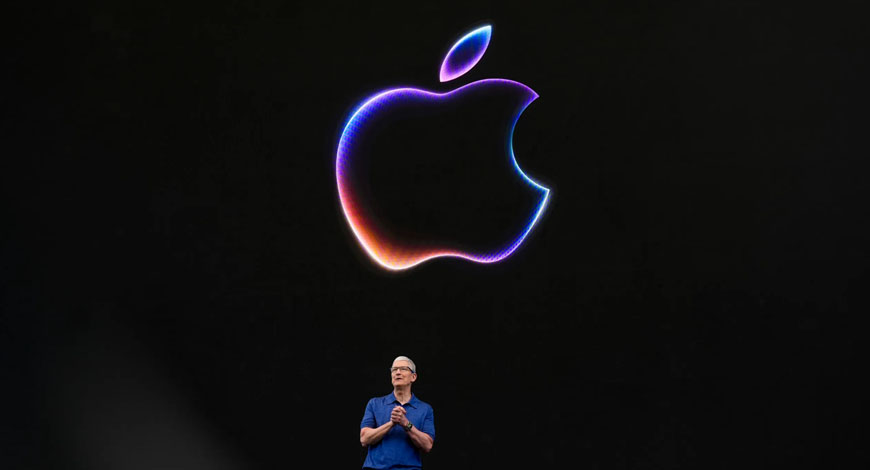Apple has announced that three major features—Apple Intelligence, iPhone Mirroring to macOS Sequoia, and SharePlay Screen Sharing—will not be available in the European Union when iOS 18 and macOS Sequoia debut this autumn. This decision, rooted in compliance with the Digital Markets Act (DMA), has significant implications for Apple users in the EU. Let’s delve into the details of this development, the regulatory concerns involved, and what it means for consumers and Apple’s future in the European market.

Regulatory Concerns and User Privacy
The Digital Markets Act (DMA)
The DMA, enacted in 2023, seeks to curb the monopolistic tendencies of major tech firms, often referred to as “gatekeepers.” It requires interoperability among different devices and ecosystems, aiming to foster a more competitive digital marketplace. While this legislation is designed to enhance consumer choice and market fairness, it poses unique challenges for companies like Apple that prioritize a closed ecosystem for enhanced security and user experience.
Apple’s Response to DMA Requirements
Apple has cited that the DMA’s interoperability requirements could compromise “user privacy” and “data security.” The core of Apple’s argument is that integrating these features across various platforms and devices could expose users to potential data breaches and privacy risks. Consequently, Apple is currently in discussions with EU regulators to find a solution that balances compliance with the DMA and maintaining its stringent security standards.
Impact on EU Consumers
Features on Hold
The three features impacted by this delay are:
- Apple Intelligence: This feature enhances the user experience by providing smarter suggestions and automated tasks.
- iPhone Mirroring to macOS Sequoia: Allows seamless mirroring of iPhone screens to macOS devices.
- SharePlay Screen Sharing: Enables users to share their screens during FaceTime calls, enhancing collaborative experiences.
Consumers in major EU countries such as France, Germany, Spain, and Italy will not have access to these new technologies when the new OS versions launch.
Potential Frustration and Regulatory Scrutiny
The unavailability of these features could lead to frustration among European consumers who have come to expect cutting-edge technology from Apple. Additionally, this situation may attract further regulatory scrutiny as EU authorities might view Apple’s compliance delays as a reluctance to adhere to the DMA.
Compliance Challenges and Future Prospects
Undefined Compliance Challenges
The specific compliance challenges posed by the DMA are not fully defined, adding to the complexity of Apple’s situation. The need to balance user privacy, data security, and regulatory compliance is a significant hurdle that Apple must overcome to introduce these features in the EU.
Potential Launch in 2025
While an exact timeline for compliance and feature rollout in the EU remains unclear, there is speculation that these features might become available in 2025. This timeline will depend on the progress of Apple’s negotiations with EU regulators and its ability to implement necessary changes without compromising its core values of privacy and security.
FAQs
1. Why are Apple’s new features delayed in the EU?
The delay is due to compliance issues with the Digital Markets Act (DMA), which requires interoperability that Apple argues could compromise user privacy and data security.
2. What is the Digital Markets Act (DMA)?
The DMA is a regulatory framework enacted in 2023 to prevent major tech companies from becoming monopolistic “gatekeepers” and to ensure basic functionalities work across different devices and ecosystems.
3. Which countries are affected by this delay?
Consumers in all EU member states, including France, Germany, Spain, and Italy, will be affected by this delay.
4. When will these features be available in the EU?
An exact release date has not been announced. However, there is speculation that these features might become available in 2025, depending on Apple’s compliance with DMA requirements.
5. How is Apple addressing the DMA’s requirements?
Apple is in discussions with EU regulators to find a way to offer these features while ensuring user privacy and data security. The company aims to balance compliance with maintaining its high standards for security.
6. What are the potential risks of complying with the DMA?
The primary risks involve potential compromises to user privacy and data security. Apple is concerned that interoperability requirements could expose users to data breaches and other security threats.




